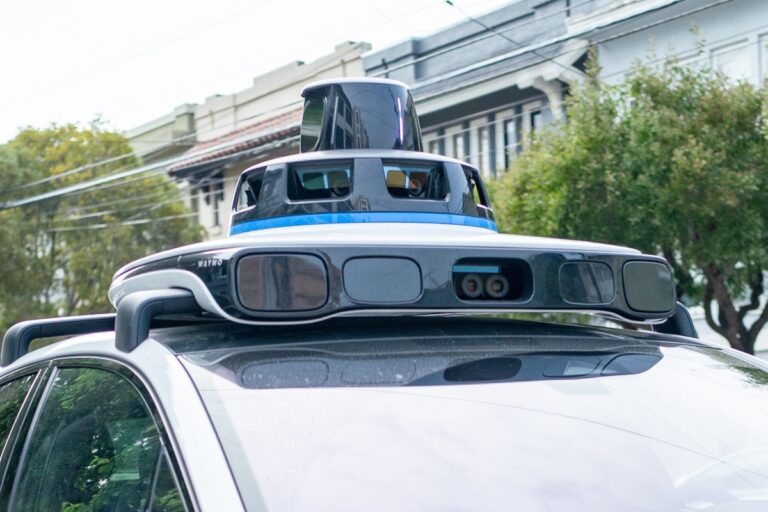
Similar Posts

Pentera Secures $60M Funding at $1B Valuation to Revolutionize Cybersecurity Training with Simulated Network Attacks
In today’s rapidly evolving digital landscape, cybersecurity strategies hinge on the effectiveness of strong and intelligent security operations teams. Recently, a Boston-based startup, Pentera, announced a significant funding round that highlights its growth and innovation in providing tools to enhance cybersecurity defense mechanisms. The company has secured $60 million in a Series D funding round,…

Florida’s Controversial Draft Law: Mandating Encryption Backdoors for Social Media Accounts Deemed ‘Dangerous and Dumb’
Florida’s draft bill SB 868, aimed at enhancing law enforcement access to social media accounts, has gained attention after passing a key legislative hurdle. It mandates social media companies to create encryption backdoors for law enforcement subpoenas and allows parental access to minors’ accounts, while restricting disappearing message features. Critics, including tech firms and digital rights advocates, argue it undermines user safety by compromising encryption standards. The Electronic Frontier Foundation warns that the bill could make minors less safe. A related bill, HB 743, is pending in the House, as debates continue over user privacy implications.

OpenAI Makes Groundbreaking Move with First Investment in Cybersecurity
Generative AI is enhancing cybercriminal tools, leading to increased threats like deepfakes and fraudulent receipts. OpenAI has invested in New York-based Adaptive Security, which recently raised $43 million in Series A funding to combat these challenges. The startup trains employees to recognize simulated AI-generated cyberattacks, including spoofed calls and texts, and focuses on social engineering vulnerabilities. Since its launch, Adaptive Security has attracted over 100 customers. CEO Brian Long plans to use the funding to hire engineers and improve their offerings. Other startups are also emerging in this space, highlighting the growing importance of cybersecurity in the AI era.

HPE Alerts Data Breach Victims Following Russian Government Cyberattack
Hewlett Packard Enterprise (HPE) has notified individuals about a significant cyberattack attributed to Russian government hackers that compromised personal data in 2023. The breach, linked to the group Midnight Blizzard, involved the theft of Social Security numbers, driver’s license information, and credit card details from HPE’s email systems and SharePoint. The intrusion began in May 2023, with HPE acknowledging the breach in January 2024. Microsoft also confirmed its network was compromised by the same group, targeting corporate executives’ email accounts. Affected individuals are advised to monitor their accounts for suspicious activity as investigations continue.

Archipelo Emerges from Stealth Mode with $12M Funding to Revolutionize Code Security for Humans and AI
Archipelo, a San Francisco-based cybersecurity startup, recently emerged from stealth mode, securing $12 million in funding to enhance Developer Security Posture Management (DevSPM) amid rising AI software applications. CEO Matthew Wise highlights the market gap for effective developer security tools, noting that human error causes over 74% of security breaches, compounded by the complexities of AI-generated code. The funding, led by Dell Technologies Capital, will support product expansion and market entry, positioning Archipelo to compete with established players like Palo Alto Networks and Microsoft Defender. With clients among Fortune 500 companies, Archipelo aims to bolster security for AI-driven development.

Unlocking the Hidden Waymo Feature: Customize Your Robotaxi Experience with New Display Options
Jane Manchun Wong, a security researcher, discovered a hidden feature in the Waymo app that allowed her to customize the display on a Waymo robotaxi’s “dome.” This dome serves to identify the vehicle, communicate with pedestrians, and provide marketing opportunities. Wong showcased her modifications on X, revealing altered texts and emojis. She attributed this to insufficient validation of input by the app’s servers. In response, Waymo quickly updated the app to restrict access to this feature. This incident underscores ongoing security challenges in autonomous vehicle software, emphasizing the need for robust measures against unauthorized changes.
